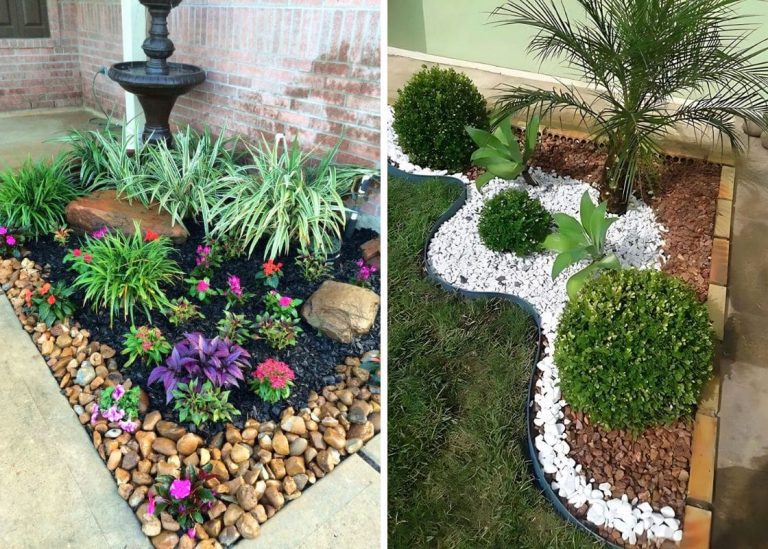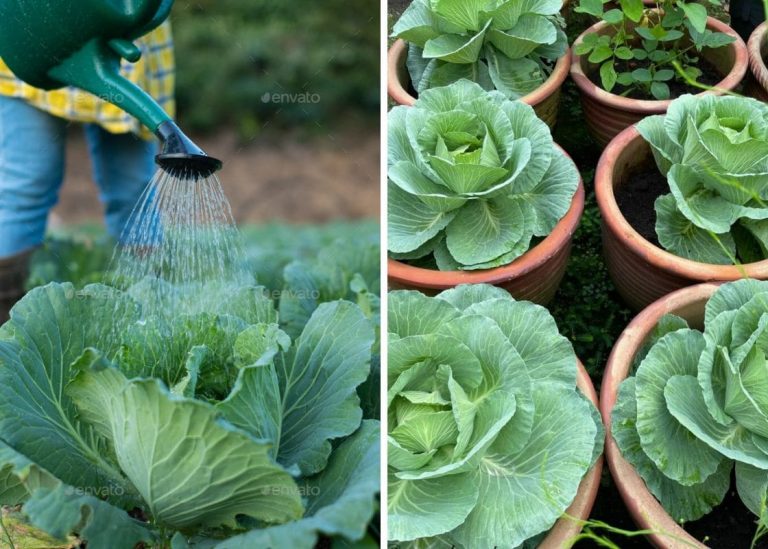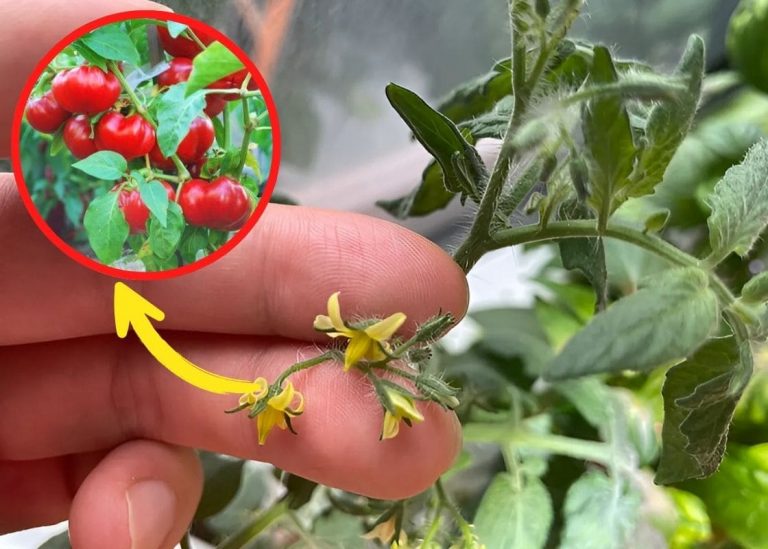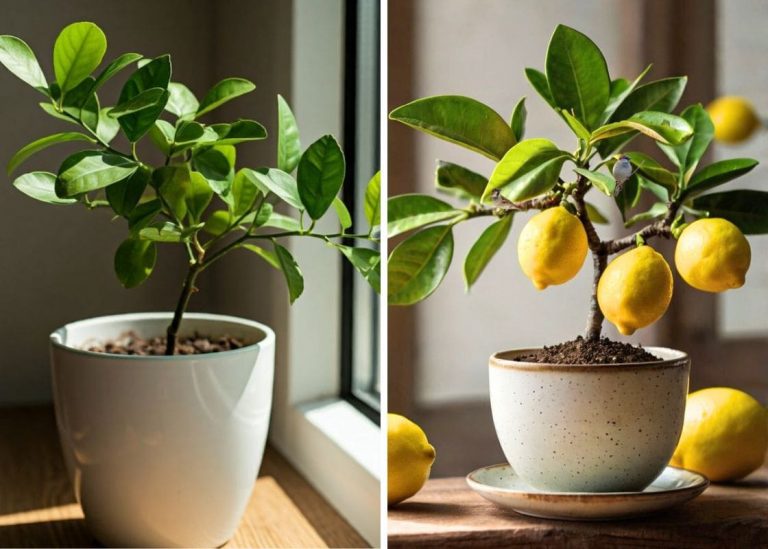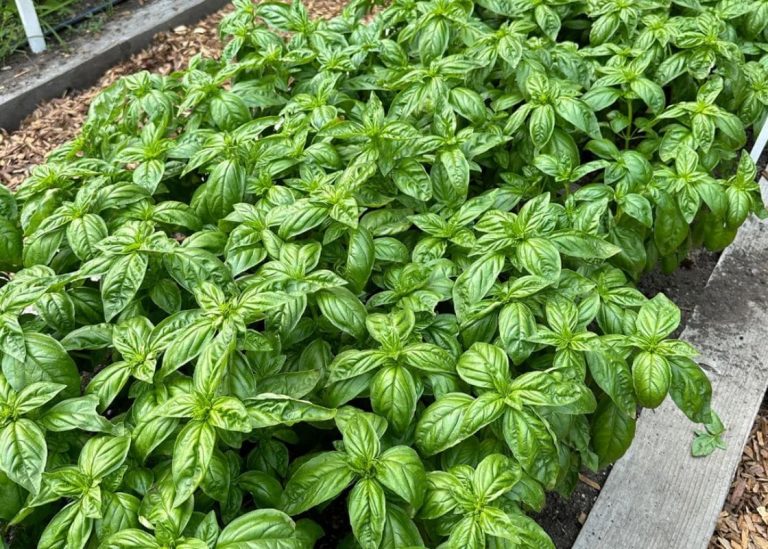6 Surprising Benefits of Baking Soda in Gardening: A Gardener’s Secret Weapon
A warm afternoon found me cleaning out the garden shed, brushing dust off old tools and forgotten supplies. I found a half-empty box of baking soda tucked behind a cracked clay pot. Curious and a little skeptical, I decided to give it a try on the weeds poking through my stone path.
A few days later, those stubborn weeds had shriveled up, and my mind was buzzing with possibilities. Could something so ordinary really make such a difference?
I dug deeper, tested a few ideas, and found myself reaching for baking soda again and again through the seasons. From helping with pests to refreshing compost, this simple white powder has saved me time, effort, and even a few plants.
If you’ve ever wondered what tiny, inexpensive tricks can make a big impact, let’s explore the surprising ways baking soda can become one of your most trusted gardening companions.
1. A Powerful Natural Fungicide for Disease Prevention
Fungal diseases such as powdery mildew, black spot, and early blight can wreak havoc on plants like tomatoes, cucumbers, squash, and roses.
Studies have shown that sodium bicarbonate (baking soda) is effective in controlling certain fungal pathogens by disrupting fungal cell membranes. The Journal of Plant Pathology reports that bicarbonates can suppress powdery mildew without the harmful side effects of chemical fungicides.
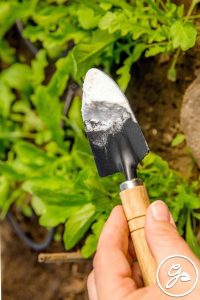
How to Use:
Mix 1 tablespoon of baking soda, 1 gallon of water, a teaspoon of vegetable oil, and a few drops of liquid soap, then spray this solution on affected plants every one to two weeks, especially during humid conditions that favor fungal growth.
You should avoid excessive use, as it can build up salt deposits that might affect plant health.
2. Enhances Soil Quality and pH Balance
After a disappointing season of sad, yellowing beans, I finally tested my soil—and found it way too acidic for most vegetables to thrive. A little baking soda helped swing the balance without needing to overhaul the whole garden bed.
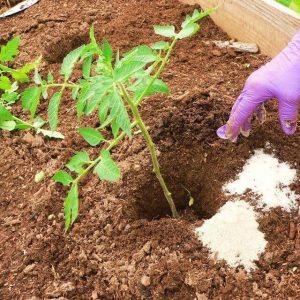
If a soil test shows too much acidity, you can sprinkle about 1 teaspoon of baking soda per square foot over the soil and water it in. Just a light touch is enough to nudge the pH back toward the healthy range. Always test first, and never apply heavily, or you might end up doing more harm than good.
3. A Safe and Effective Pest Repellent
Aphids once invaded my rose bed so thickly it looked like the stems were moving. Traditional sprays felt too harsh, especially around the bees, so I tried a baking soda solution a gardening friend swore by.
For a simple pest repellent:
-
Mix 1 tablespoon of baking soda
-
1 teaspoon of liquid soap
-
1 quart of water
Spray directly onto affected leaves where aphids or ants cluster. For slugs and snails, a light dusting of baking soda around the plant base helps keep them away without harming the plants when used carefully.
4. Improves Compost Quality and Reduces Odor
There was a time when opening my compost bin meant bracing myself for a nose-wrinkling wave of sourness. A light sprinkle of baking soda, recommended by a workshop teacher at the local botanical gardens, made a world of difference.
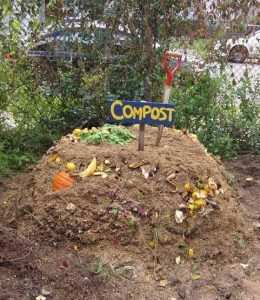
When turning the compost, scatter a small handful of baking soda to neutralize strong odors and encourage better microbial breakdown. Just be careful not to overdo it; too much can slow decomposition instead of helping it along.
5. Cleans and Sanitizes Garden Tools
End-of-season cleanup used to be my least favorite chore—rusty trowels, grimy pruners, and stubborn dirt clinging to every crevice. Now, a baking soda paste makes the work almost satisfying.

Mix equal parts baking soda and water into a gritty paste. Rub it onto tools with a stiff brush, then rinse well. For extra-stubborn rust, adding a splash of vinegar helps lift the grime. It leaves the metal gleaming and feeling ready for another year of growing.
6. A Natural Weed Suppressant
The old stone walkway near my potting shed always looked charming—until weeds started poking through like uninvited guests. Pulling them out was backbreaking, but baking soda made short work of it.
Sprinkle baking soda directly onto weeds growing between cracks or along driveways. Dry conditions work best, letting the sodium draw out moisture from the weeds and wither them away naturally, without chemicals.



